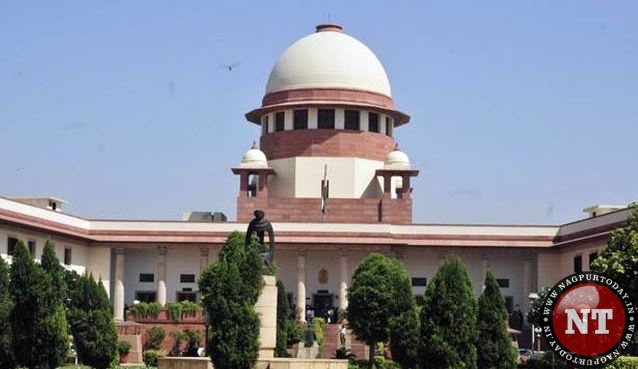-
Tips for becoming a good boxer - November 6, 2020
-
7 expert tips for making your hens night a memorable one - November 6, 2020
-
5 reasons to host your Christmas party on a cruise boat - November 6, 2020
-
What to do when you’re charged with a crime - November 6, 2020
-
Should you get one or multiple dogs? Here’s all you need to know - November 3, 2020
-
A Guide: How to Build Your Very Own Magic Mirror - February 14, 2019
-
Our Top Inspirational Baseball Stars - November 24, 2018
-
Five Tech Tools That Will Help You Turn Your Blog into a Business - November 24, 2018
-
How to Indulge on Vacation without Expanding Your Waist - November 9, 2018
-
5 Strategies for Businesses to Appeal to Today’s Increasingly Mobile-Crazed Customers - November 9, 2018
SC notice to Centre, LG on powers of Delhi government
The Supreme Court issued a notice to the Centre on six appeals of the Delhi government, challenging the High Court verdict that held that the Lieutenant Governor (LG) is the administrative head of the national capital.
Advertisement
The apex court, which sought response within six weeks from the Centre on seven appeals of AAP dispensation against the August 4 verdict of the High Court, also declined to stay the recent decision of LG Najeeb Jung to set up a three-member committee to scrutinise over 400 files and past orders of the elected city government.
The SC has also said that it will decide on Nov 15 whether the appeals should be referred to a Constitution bench.
“The NDMC judgment holds specifically that Delhi remains a Union Territory”.
Describing the Lt. Governor as an “employee of the Centre” having “master-servant relationship”, Venugopal said that the LG was “vulnerable” as he could be “transferred or terminated”.
“This will affect all future governments”. LG has no qualification to govern Delhi.
The Delhi government had argued before the high court that in a democratic set up, there can not be two reporting authorities – the LG and the Chief Minister. The High Court had however heard all the petitions together and delivered a consolidated judgment.
Venugopal, however, pleaded that Sisodia had to move the apex court as no Secretary was not ready to sign it in the absence of LG’s nod.
He said that petitions are filed by the Chief Secretary or secretary of the concerned department. This is being done to fix “criminal liability” on an elected government.
“This action of the LG amounts to restricting our access to justice. This is what we have been reduced to”, Venugopal submitted.
Advertisement
The Delhi government on May 28 a year ago had moved the high court, a day after the Centre had approached the Supreme Court challenging a high court order which had termed as “suspect” the Union Home Ministry’s notification barring the city government’s ACB from acting against its officers in criminal offences.





























